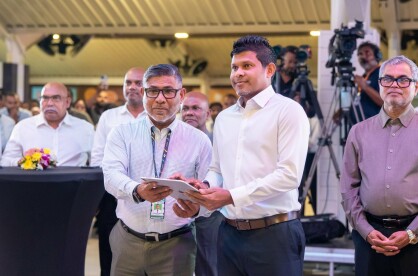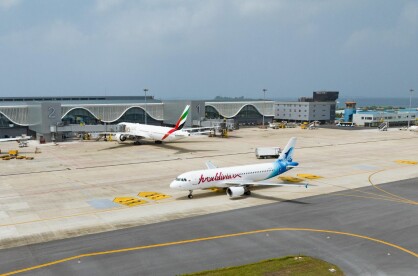The Maldives, renowned for its pristine
turquoise waters and luxurious resorts, has long been a dream destination for
travellers seeking a slice of paradise. Since the 1990s, the archipelago has
witnessed a flourishing tourism industry, evolving beyond opulent resorts to
embrace the allure of cruises and luxury yachts. However, recent changes in
government policies have prompted a reevaluation of fees imposed on foreign
passenger liners, aiming to strike a balance between economic benefits and
sustainable tourism.
The Maldives, once a well-kept secret, opened
its doors to international tourists in the 1970s, leading to the development of
a robust tourism sector. Over the years, the industry has expanded, with
visitors not only indulging in luxury resorts but also exploring the nation's
scenic beauty through cruises and yachts. This diversification not only
enhances the tourism experience but also plays a pivotal role in sustaining the
country's economy.
Beyond the aesthetic appeal, the tourism
sector has become a vital component of the Maldivian economy. The government
has successfully leveraged taxes on cruises, yachts, and safaris to generate
revenue, contributing to economic growth and keeping internal debt in check.
However, recent challenges have surfaced as a consequence of increased fees
imposed on foreign passenger liners, leading to a decline in their numbers.
In response to the negative effects of the
high fees, the Maldives Tourism Ministry has undertaken a strategic review,
culminating in the dismissal of the USD 100 per day fee for passenger liners
cruising or docking in the Maldives. The amended regulations now stipulate that
any passenger liner carrying more than 50 tourists for a period shorter than 7
days will be exempt from these fines, promoting flexibility for shorter stays.
While docking and driving fees remain exempt,
passenger liners arriving for less than seven days will continue to be subject
to a fee of USD 850 per day. The government aims to strike a balance between
encouraging tourism and ensuring sustainable practices. Furthermore, larger
vessels exceeding 20 meters can cruise in Maldivian waters upon payment of a
USD 1,000 fee, with smaller vehicles granted permission without incurring any
charges.
By promoting flexibility for shorter stays and
distinguishing between vessel sizes, the government seeks to strike a delicate
balance between economic gains and environmental sustainability.






